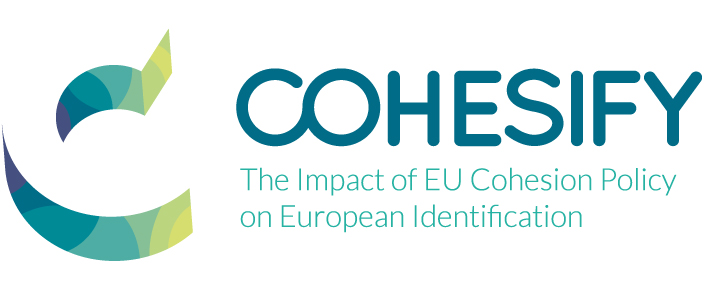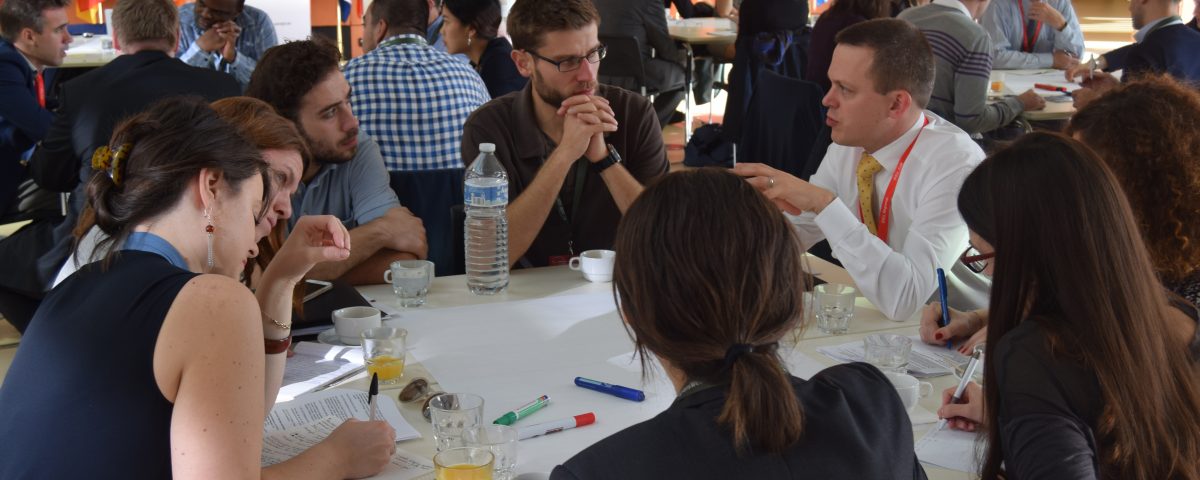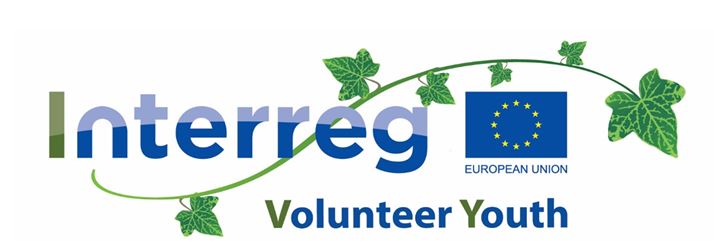
What can we learn from the initiative ‘Interreg Volunteer Youth’ to make EU communication better?
October 12, 2017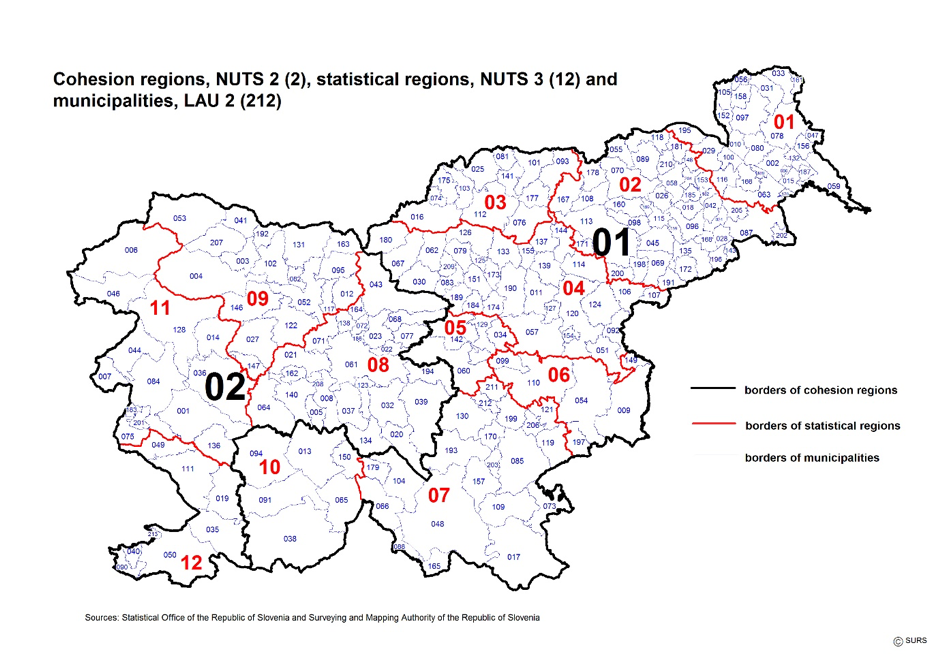
A regional development without regions?
November 21, 2017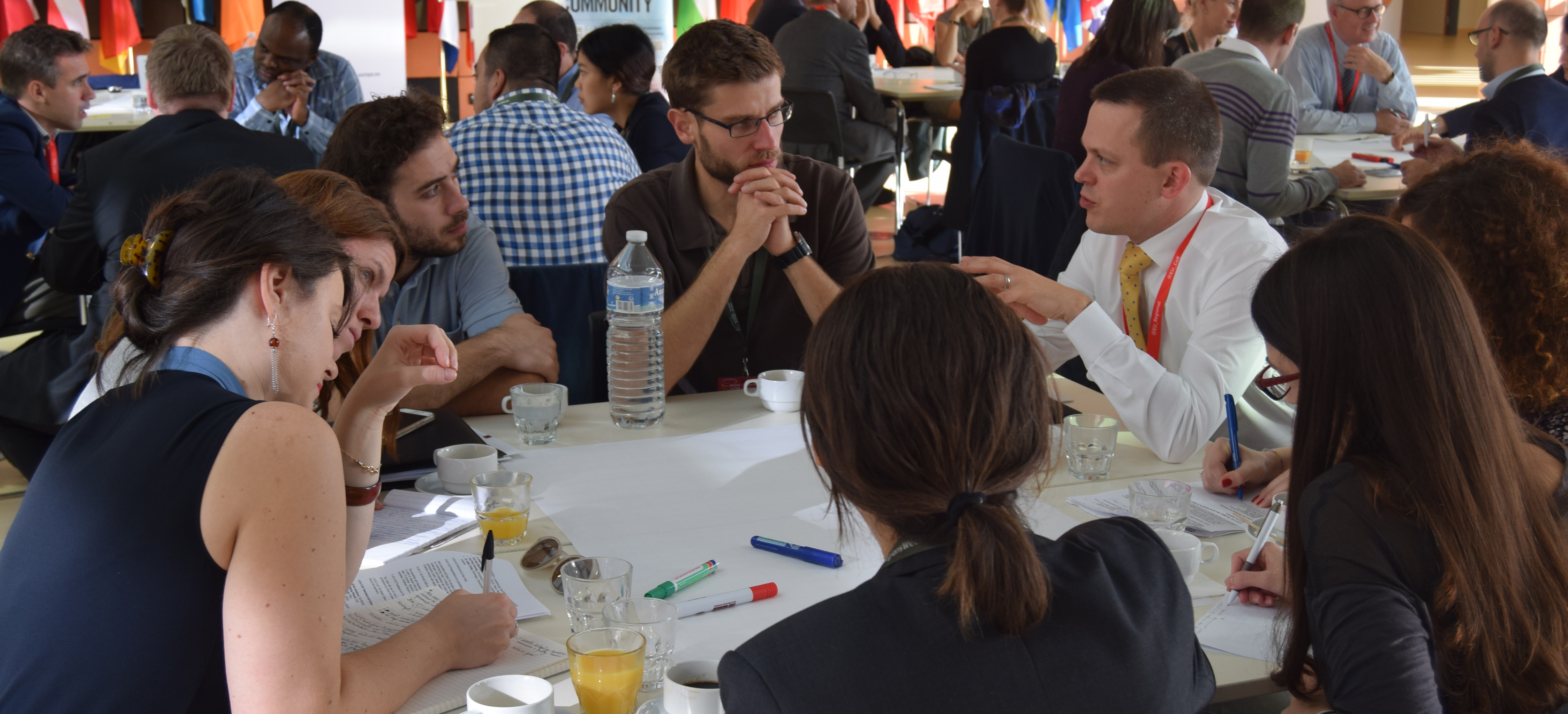
What’s the future of cohesion policy post 2020?
This was one of the questions that PhD students and early career researchers participating in the Fifth Master Class on EU Cohesion Policy discussed on Wednesday, October 11th, in the premises of the Parliamentary Research Service of the European Parliament (EPRS).
Together with nine other participants, I took part in this discussion, which was skilfully moderated by Vasilis Margaras, a Policy Analyst at the EPRS. The first to take the floor was Marco Di Cataldo, a Venice-native postdoctoral researcher currently working at the London School of Economics.
I have known Marco’s work since his presentation at the Annual Conference of the European Political Science Association (EPSA) in Milan this June. At EPSA, Marco talked about the economic performance of the less developed regions of Cornwall and South Yorkshire. Using counterfactual methodologies, Marco showed how Cohesion policy funds have effectively improved the socio-economic conditions in these two regions and warns they will be deeply affected by a reduction or interruption of EU funds (if these are not substituted by UK government funds). While his research was published in 2017 in the Journal of Regional Science, Marco had written about his results in a blog post published before the Brexit vote. Both Cornwall and South Yorkshire voted to leave the EU in the Brexit referendum.
Since then, several scholars have analysed Brexit. Some concluded that the reasons behind the leave vote are to be found in the individual values of voters rather than regional economic inequalities. The Brexit vote was based on concerns about immigration and the loss of a national identity. Lack of information has also been identified as one of the main arguments for the leave vote
Therefore, it comes with no surprise that Marco thinks the future of Cohesion policy should include communication: “People need to know.”
However, Aleksandra Zarek, a Polish architect living in the South Yorkshire city of Sheffield and a PhD student at the Tampere University of Technology in Finland, points at the Brexit campaign: “How do you communicate if there are so many lies?”
Dimitra Panagiotatou, a Greek PhD student at the Queen Mary University of London, thinks that for communication to work, Cohesion policy funds should target the most citizens possible. To her, investing in cross-border programs seems to be good way forward.
Francesca Parente who has just submitted her PhD thesis at the Sapienza University of Rome, believes that for communication to work, changes are needed in the allocation of Cohesion policy funds: “Cohesion policy cannot just be GDP – it doesn't mean anything to citizens.”
Together with nine other participants, I took part in this discussion, which was skilfully moderated by Vasilis Margaras, a Policy Analyst at the EPRS. The first to take the floor was Marco Di Cataldo, a Venice-native postdoctoral researcher currently working at the London School of Economics.
I have known Marco’s work since his presentation at the Annual Conference of the European Political Science Association (EPSA) in Milan this June. At EPSA, Marco talked about the economic performance of the less developed regions of Cornwall and South Yorkshire. Using counterfactual methodologies, Marco showed how Cohesion policy funds have effectively improved the socio-economic conditions in these two regions and warns they will be deeply affected by a reduction or interruption of EU funds (if these are not substituted by UK government funds). While his research was published in 2017 in the Journal of Regional Science, Marco had written about his results in a blog post published before the Brexit vote. Both Cornwall and South Yorkshire voted to leave the EU in the Brexit referendum.
Since then, several scholars have analysed Brexit. Some concluded that the reasons behind the leave vote are to be found in the individual values of voters rather than regional economic inequalities. The Brexit vote was based on concerns about immigration and the loss of a national identity. Lack of information has also been identified as one of the main arguments for the leave vote
Therefore, it comes with no surprise that Marco thinks the future of Cohesion policy should include communication: “People need to know.”
However, Aleksandra Zarek, a Polish architect living in the South Yorkshire city of Sheffield and a PhD student at the Tampere University of Technology in Finland, points at the Brexit campaign: “How do you communicate if there are so many lies?”
Dimitra Panagiotatou, a Greek PhD student at the Queen Mary University of London, thinks that for communication to work, Cohesion policy funds should target the most citizens possible. To her, investing in cross-border programs seems to be good way forward.
Francesca Parente who has just submitted her PhD thesis at the Sapienza University of Rome, believes that for communication to work, changes are needed in the allocation of Cohesion policy funds: “Cohesion policy cannot just be GDP – it doesn't mean anything to citizens.”
Dr Anna Dąbrowska, Dr Michaela Staníčková and Dr Giedrė Dzemydaitė are fellow young female scholars from Poland, the Czech Republic and Lithuania. Their view is that implementation is key to communication. Member States are all too often caught up in gold-plating: “We need to keep procedures simple at the Member State level.”
Finally, “education, education, education” is what Jonathan Muringani, a native from Zimbabwe, currently pursuing a PhD at the University of Stavanger in Norway, believes can help us make progress in communication as well as regional development in general. Outside our discussion in the EPRS, the importance of communications was highlighted by Commissioner Corina Crețu and by MEP and Chair of the REGI Committee Iskra Mihaylova. It is obvious that communication is supported at the EU level. COHESIFY researchers have just finished interviewing stakeholders at the national, regional and local level about their views on Cohesion policy communication. In Ireland, I have carried out 13 interviews. A first glimpse at the Irish data with a word cloud reveals how central communication is to the COHESIFY project. Stay tuned in the upcoming months for an in-depth analysis.
Finally, “education, education, education” is what Jonathan Muringani, a native from Zimbabwe, currently pursuing a PhD at the University of Stavanger in Norway, believes can help us make progress in communication as well as regional development in general. Outside our discussion in the EPRS, the importance of communications was highlighted by Commissioner Corina Crețu and by MEP and Chair of the REGI Committee Iskra Mihaylova. It is obvious that communication is supported at the EU level. COHESIFY researchers have just finished interviewing stakeholders at the national, regional and local level about their views on Cohesion policy communication. In Ireland, I have carried out 13 interviews. A first glimpse at the Irish data with a word cloud reveals how central communication is to the COHESIFY project. Stay tuned in the upcoming months for an in-depth analysis.

Dr Andreja Pegan COHESIFY Research Fellow at Trinity College Dublin Department of Political Science and Trinity Research in Social Sciences
